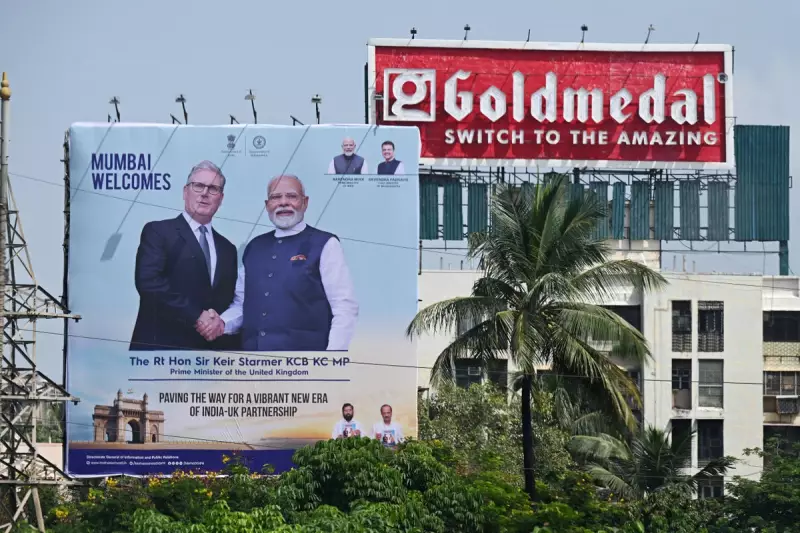
In a significant diplomatic encounter at the G20 summit in New Delhi, Labour leader Sir Keir Starmer directly challenged Indian Prime Minister Narendra Modi over Russia's brutal invasion of Ukraine. The meeting, which took place amidst heightened global tensions, revealed Starmer's determination to establish Britain's foreign policy stance should Labour form the next government.
A Diplomatic Showdown
Sources close to the discussion confirmed that Starmer pressed Modi on India's continued economic and diplomatic ties with Moscow, despite Vladimir Putin's ongoing aggression in Eastern Europe. The Labour leader emphasised that Russia's actions represent a fundamental breach of international law that demands unified condemnation from the global community.
Strategic Positioning
This bold move signals Starmer's intent to position a future Labour government as a robust defender of international norms and Ukrainian sovereignty. The confrontation demonstrates his willingness to engage in difficult conversations with key international partners, even those considered crucial to Britain's post-Brexit trade ambitions.
India's Delicate Balancing Act
Prime Minister Modi's government has maintained a careful neutrality regarding the Ukraine conflict, refusing to explicitly condemn Moscow while increasing purchases of discounted Russian oil. This stance reflects India's long-standing strategic partnership with Russia and its position within the non-aligned movement.
Broader Implications for UK Foreign Policy
The exchange highlights several critical aspects of Starmer's emerging foreign policy approach:
- Principle over pragmatism: Willingness to challenge important trade partners on human rights and international law violations
- Continuity with nuance: Maintaining support for Ukraine while potentially diverging from current government tactics
- Global Britain repositioning: Seeking to redefine Britain's role in international diplomacy post-Brexit
Political analysts suggest this intervention represents Starmer's effort to establish foreign policy credentials and demonstrate that Labour can handle complex international relationships with both firmness and diplomatic skill.
The Road Ahead
As Britain prepares for its next general election, Starmer's confrontation with Modi serves as a clear signal that a Labour government would not shy away from difficult conversations with international partners, even when economic interests are at stake. The encounter establishes Starmer as a leader willing to advocate strongly for Western democratic values on the global stage.






